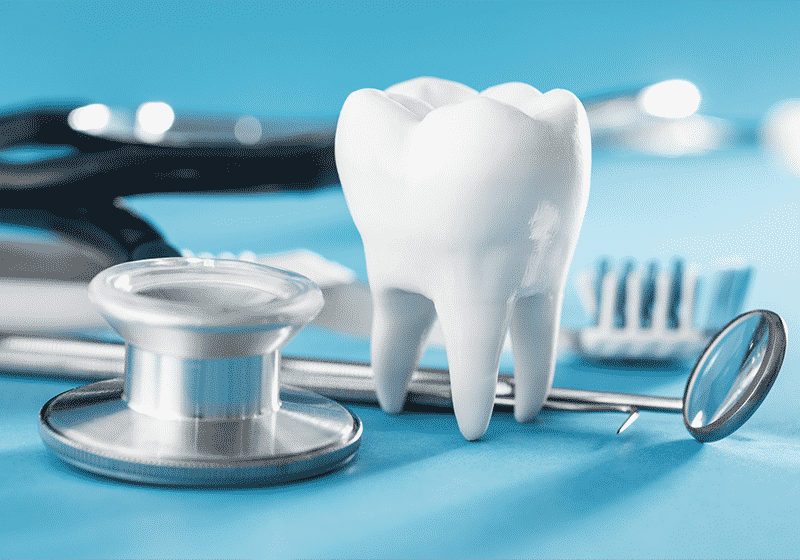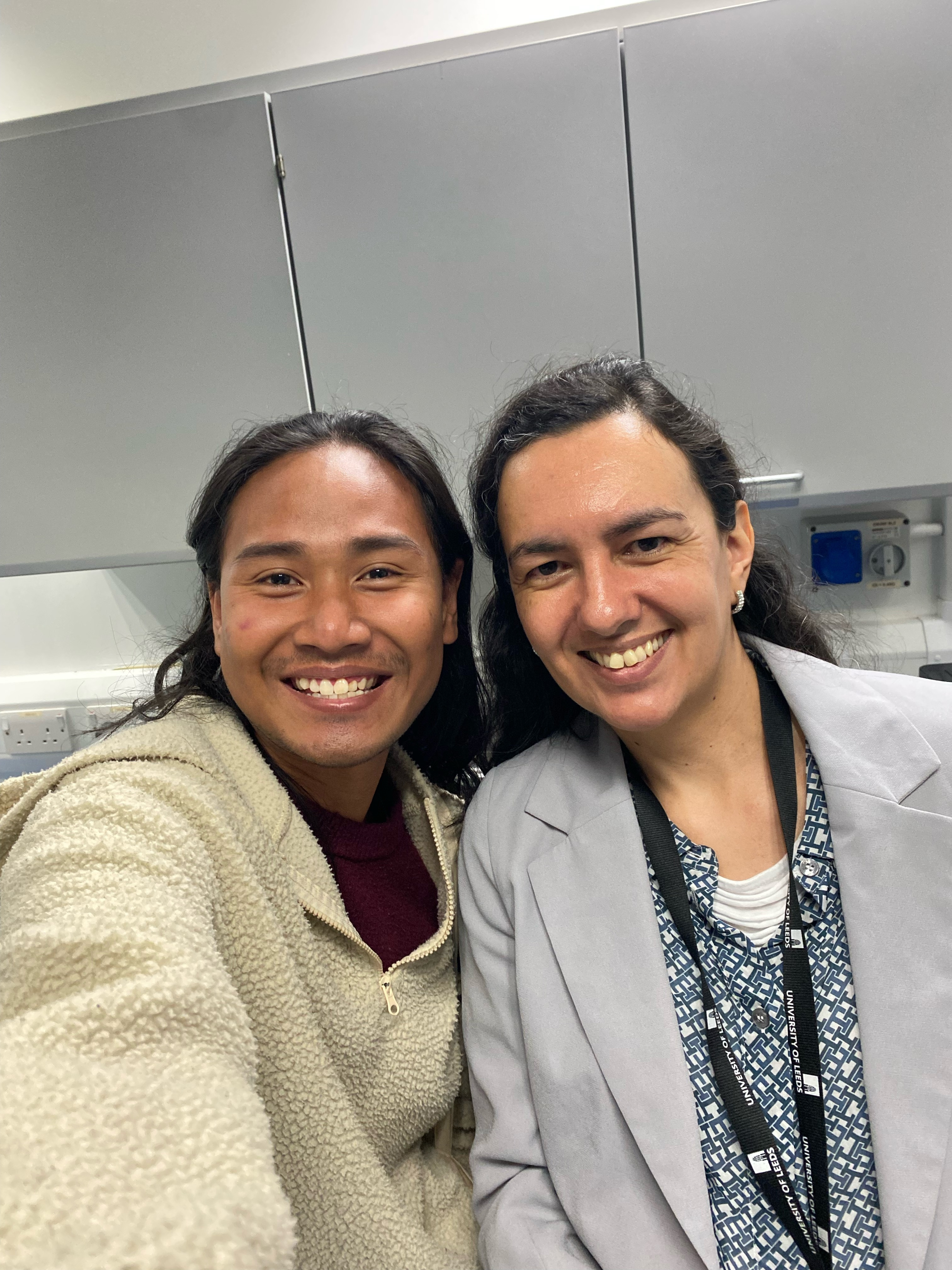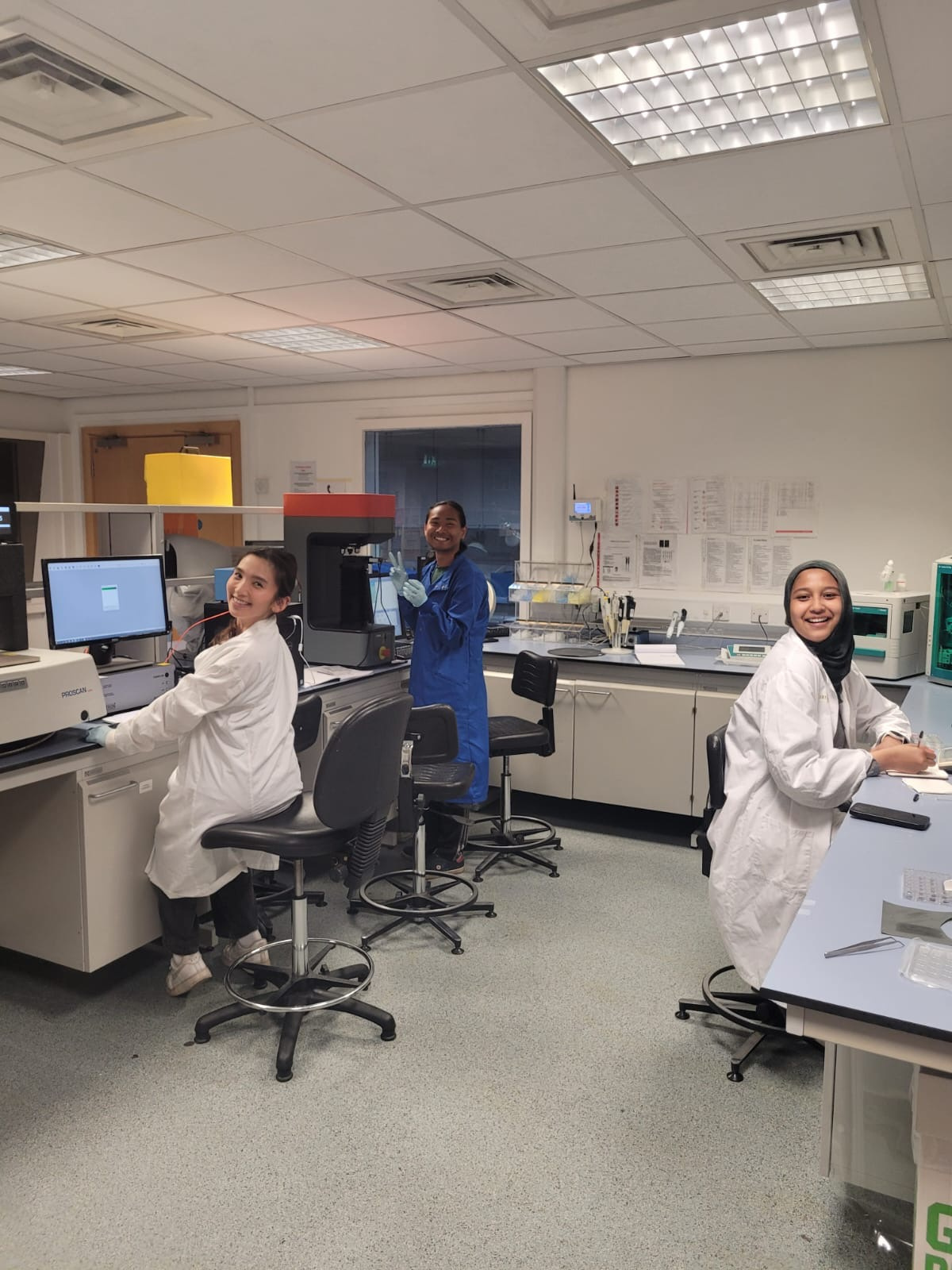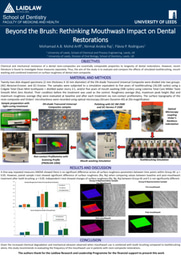Research Outline: Investigating the Erosion Resistance of Dental Composite Materials After Post-Brushing Mouthwash Exposure

Introduction
Over the summer, I will be working on a literature review and experimental study detailing mechanical degradation of dental restorative material knowingly resin composite when exposed to abrasive toothbrushing.
Experimental Study on Mechanical Degradation of Dental Restoration Material
As I was completing CAPE2710: Material Synthesis and Characterisation module as part of 4 years Integrated Master’s in chemical engineering, crystallisation and characterisation techniques such as Scanning Electron Microscopy (SEM) and X-Ray Diffraction (XRD) felt pronounced to me since it is being stressed throughout my learning and its popularity in industry to develop and examine material’s physical as well as chemical attributes. However, in this experimental study, I was introduced with new concept in new setting. The demand of the project insists on two developments: (a) acquisition of knowledge in dental industry specifically resin composite as part of dental restoration (b) continuous learning of dental-based material application which encourages the use of new characterisation techniques leaving crystallisation theory behind since it is not covered in research area of interest. Surface roughness and hardness, two new physical attributes of material that I will be studying for next couple of weeks that opens up the door for exciting exploration beyond curriculum.
Through this project, I would learn on how to prepare samples using polymerisation technique based on several types of resin composite provided by company. Once ready, I would run surface roughness (Ra) test and micro-CT scanning respectively using profilometry technique and hospital-based equipment on occasions of pre- and post-toothbrushing. The difference between Ra will show how resistant the material is when applied to patient’s teeth. Ideally, material with higher resistance would withstand challenging abrasive condition for longer term and this is the main goal of the research: to understand physical properties of resin composite and provide baseline for provider company to develop better material through my research. The experimental study will also include hardness test i.e. discuss how deep an indentation can happen within internal structure of sample. Deeper the indentation, more loosely the structure of sample causing ease of penetration portraying lower quality of restoration.
Literature Review of Dental Restoration
Currently, I am learning the most important part of research project where through literature review, it addresses research gap as baseline for experimental study and makes the research stand out for itself due to novelty, criticality, creativity, industrial development. I am searching on three different keywords: resin-composite, mechanical degradation and toothbrushing on selected databases and I will screen all papers shown through several self-made measures for better coverage of the topic, understanding clarity of topic and navigation of research project. Despite of having an experience of writing literature review i.e. getting trapped of defining, searching, reading, screening, redefining, re-searching, re-reading in a lot more smaller scale since it was part of my first year group project in University of Leeds, opportunities through this research is eye-opening in a sense of how technically literature review is done based on publication standard and I believe it sounds like a pre-PhD journey. Based on my discussion with other PhD students in Leeds, implying the same things, “that’s the challenges of doing literature review: screening thousands and hundreds of papers just after you input the keywords you decide in the early stage of systematic literature review.” I was totally not aware of how it could be ten times more challenging that I was expected but I am enjoying the ride since the perseverance and willingness to learn that keeps my motivation up all the time.
Having these two responsibility as part of my Laidlaw Scholars commitment from research point of view is a blessing for me since it balances out my perspective on academia and industrial pathway in dental industry which add values to diversifying my exposure beyond what’s being taught in curriculum. The experience to collaborate with other expert in the field helps me to connect all the missing dots when I started reading, experimenting, analysing and writing.
Conclusion
In my final note, I want to dedicate this post to Dr Flavia Rodrigues for your love, passion and enthusiasm in accepting me as one of your students despite of differences we have from our distinctive background. I feel the privileged to be able to be in your small community that is uplifting, inspiring and supportive to help me grow not only as a Laidlaw scholar but also as a chemical engineering student because you help spark the determination in me to be a challenger, critical thinker and all-rounder. Thank you for the meaningful experience, Dr Flavia Rodrigues and your team!






Please sign in
If you are a registered user on Laidlaw Scholars Network, please sign in